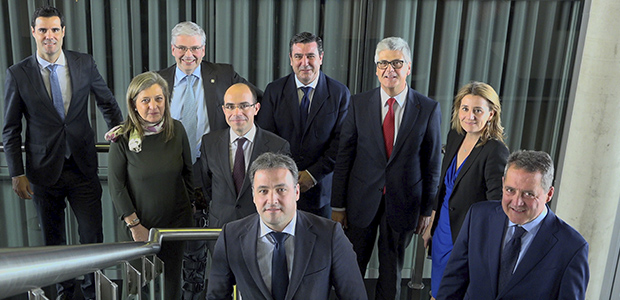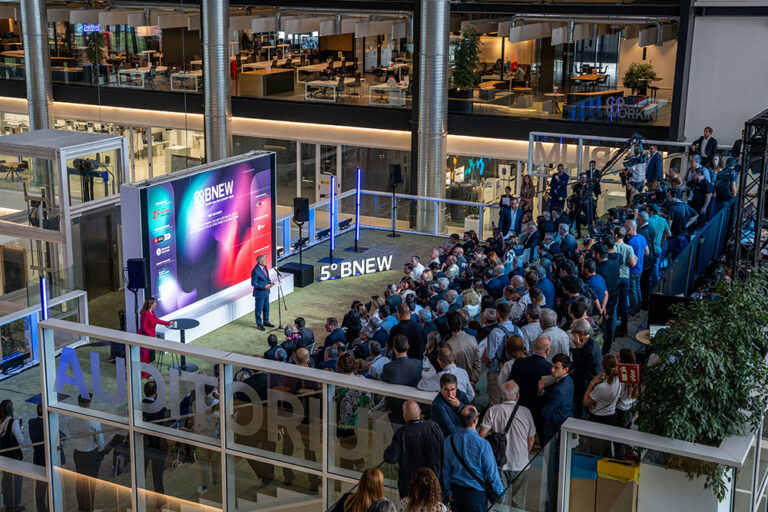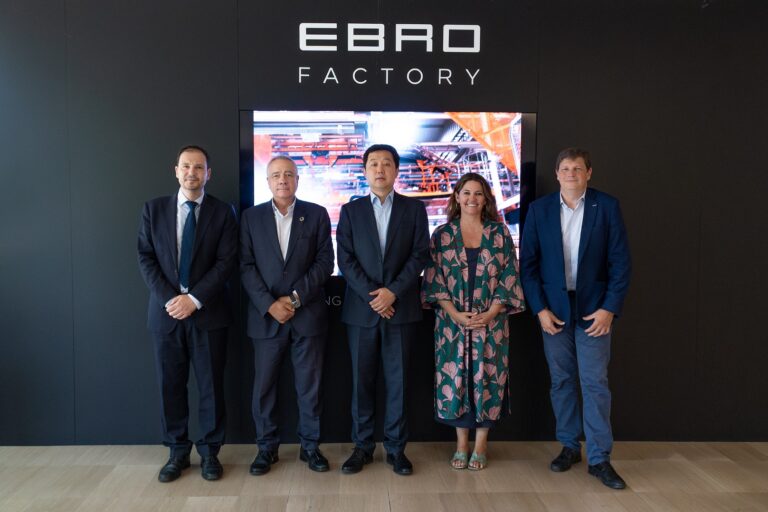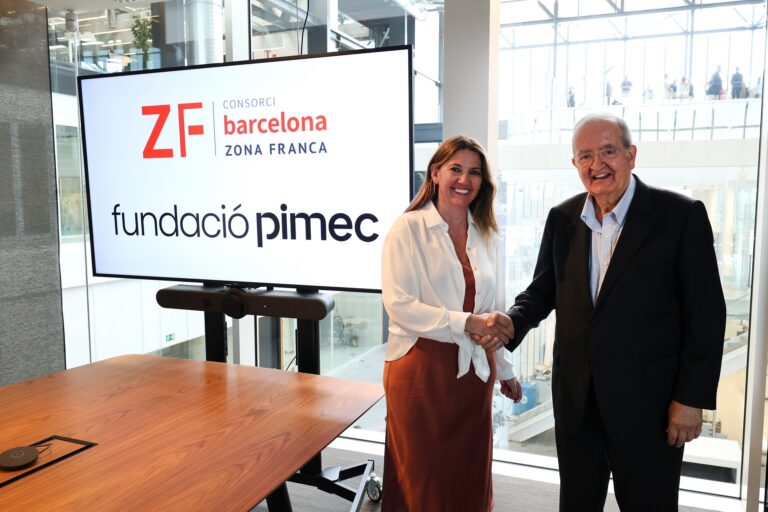The Spanish Free Trade Zones ask the Tax Agency to assign financial resources to its sites to create an economic promotion fund

fotos delegats
5 de April de 2018
Spain’s Free Trade Zones have asked the Ministry of Finance, Government and Public Administration for a “financial resource” (resources collected from companies in their respective areas as corporate income tax) to enable the free zones to set up an economic promotion fund to cover the cost of adapting to the Economy 4.0.
According to Royal Legislative Decree 1/1999 of 23 December, the financial resource of the consortiums of free trade zones comprises administrative tax measures of social order and the collection of corporate income tax derived from annual tax statements and corporation tax instalments of companies established in free zones, excluding withholdings and payments on account.
Thus far, the only two free zone consortiums to have received financial resources are the Cádiz and Vigo Consortiums, therefore, if the requests made for beneficial assignments by the five remaining consortiums are granted, this will facilitate the task of helping small and medium-size companies, the most frequent users of the free trade zones, with import-export matters.
At the request of the free zones, a meeting was recently held in Barcelona between the Undersecretary of Finance and Civil Service of the ministry, Felipe Martínez Rico, and the seven special State Delegates in the Spanish free trade zones (Jordi Cornet, Barcelona delegate, Alfonso Pozuelo, Cadiz delegate, Teresa Pedrosa, Vigo delegate, Gustavo González, Tenerife delegate, Carlos Ester, Gran Canaria delegate, Fernando Cámara, Santander delegate and Javier Landa, Seville delegate).
This was the second meeting of the coordination group of the special State Free Zone Delegates with the Undersecretary of the Ministry, a permanent coordination mechanism and interlocutor for matters between the different free trade zones which was established last July.
In this regard, it was useful to discuss how the free zone consortiums fit into the public sector and clarify the regulations applicable to free zones, as well as examining systems to improve and update customs facilities, analyse international investments that can be made by this type of bodies, and suggest initiatives such as the granting of the financial resource and the CZFB initiative to consider the appropriateness of creating a free zone association for the European continent, a matter which will be discussed in May at the Dubai congress of the World Free Zone Association.
The meeting also highlighted the need to visualise the scope of the Spanish free zones and their contribution to carrying out activities of value to public interests in the economic area.
In this regard, the Barcelona Free Zone presented its project on promoting an industry 4.0 accelerator-incubator.
As you will remember, El Consorci de la Zona Franca in Barcelona has also started a round of meetings with European authorities in the sector to sponsor the creation of the first European Association of Free Zones as a means of cooperating and to represent the sector before international bodies. This is coherent with the Consorci’s candidature to host the Mediterranean headquarters of the World Free Zones Organization (WFZO) and the World FZO Annual Conference which will coincide with the SIL logistics exhibition next year.
The congress, known worldwide as World FZO Annual International Conference and Exhibition (AICE) will be held from 26 to 28 June of the next year at the Palau de Congresos de Catalunya. It is estimated that more than 1,000 representatives of free zones around the world will attend the event.
El Consorci de la Zona Franca in Barcelona was set up by the Spanish government, Barcelona City Council and the economic community of Catalan civil society in 1916 with a historic spirit of cooperation and a mission to generate trade, logistical and economic activity. It manages the Industrial Estate of the Free Zone of Barcelona and Customs Area, and promotes industrial areas, logistical and urban areas, as well as trade fairs of interest to business, logistics and the real estate sector.



